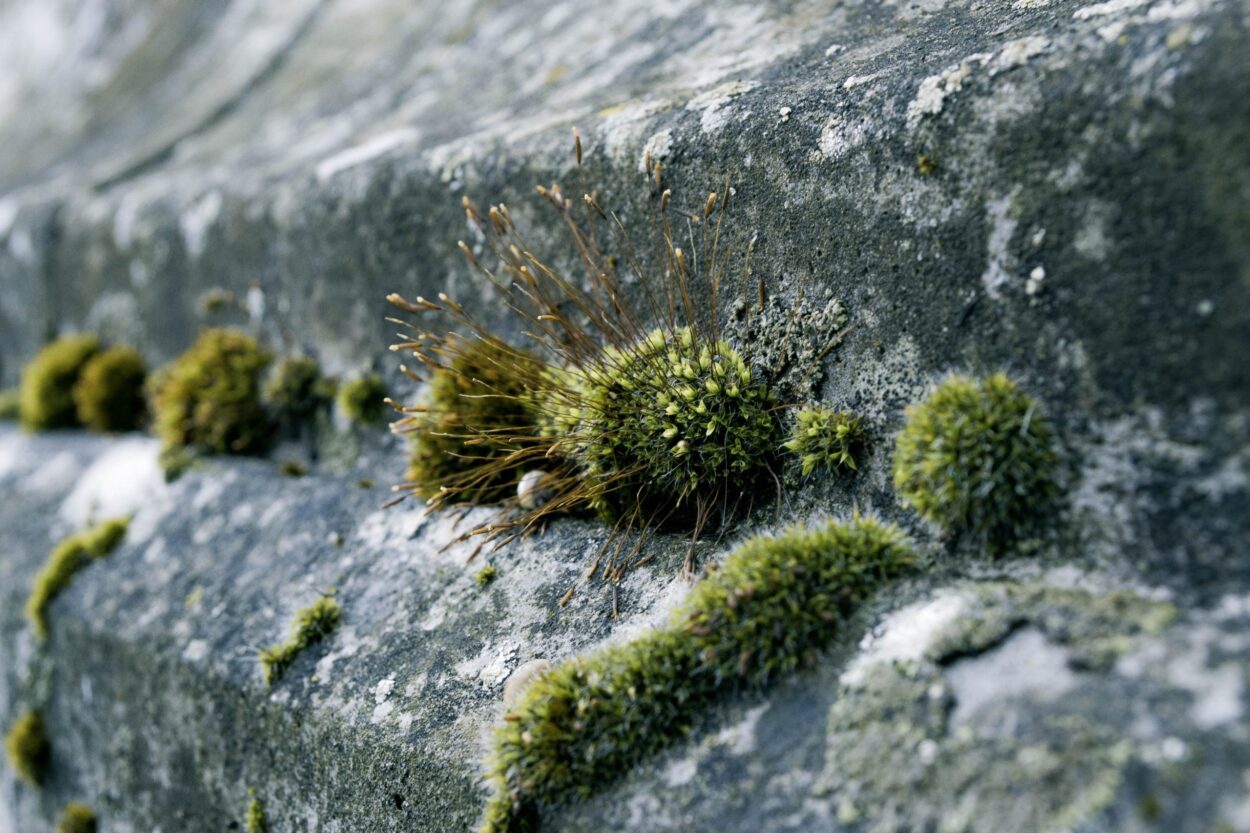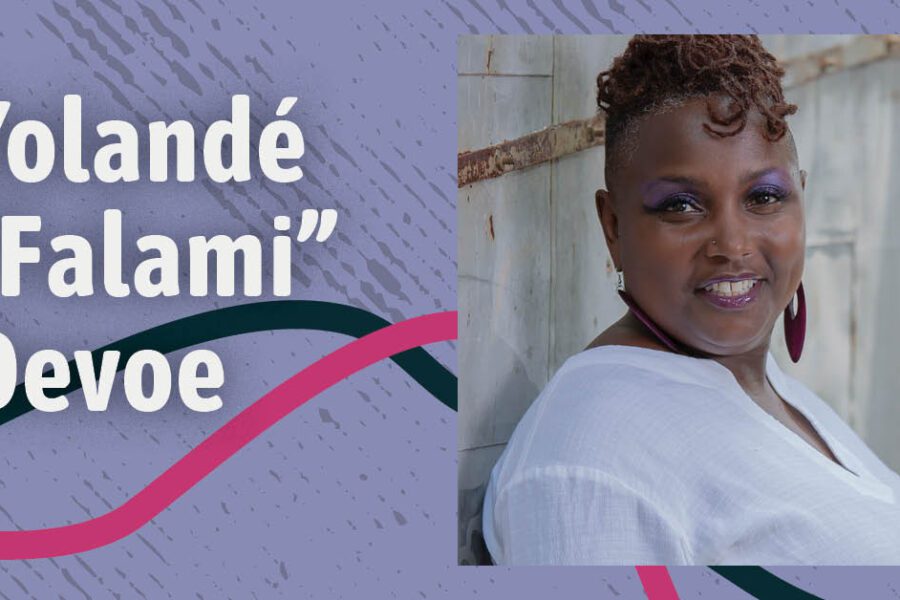Reflecting on the concerning current state of affairs, Dr. Shirley Cherry, inspiring leader of nonviolent social change shared, “Let it break your heart, but don’t let it break your spirit.” (2017)
The MAEd in Urban Environmental Education program at Antioch University in Seattle is a ground-breaking master’s program that addresses the theory and practice of urban environmental education, urban ecology, and community action and stewardship. The program prepares educational leaders with innovative approaches to navigate the intersection of social justice and socio-ecological well-being in cities.
Immersion in Inner City Communities
This five-quarter graduate program immerses graduate students in the inner-city communities in Seattle. Communities that have experienced environmental justice issues, ecological complications, and gentrification. UEE partners with organizations that engage graduate students in a 30-week practicum. Students draw on their learnings from the courses, immersion within the community through their practicum, and research in collaboration with community in the identification of the challenge and the resolution based on the predicament.
Cutting Edge Participatory Action Research
Focus on Research
- Culturally Responsive Strategies: Connecting People of Color with EE & Env. Stewardship
- Diversity in Public Lands Use, Leadership & Engagement Youth Leadership Development for Youth of Color
- Youth Leadership Development for Youth of Color
- Culturally Responsive Strategies for Civic Engagement & Env. Justice
- Multicultural Education Strategies in After School Programs
- Health Disparities in Communities of Color Diversifying Env. Education Workforce
- Diversifying Env. Education Workforce
- Community-Centric Fund Development
UEE students have contributed valuable research related to the following:
“When doing work that is unmapped I realized how crucial it is to have relationships before, during and after; to come in with humility; invest in relationships with people early; learn what was important; and, to allow for conversations that may be out of the norm”
Josh Parker (UEE Alum, 2018).
“My research has allowed me to discover a way of knowing that finally made sense to me and that I was able to connect to. It’s not a singular body of knowledge, but rather, reflects many layers of being, knowing and methods of expression”
Maria del Rosario Corona Horta (UEE Alum, 2016).
“As cultures continue to evolve over time, one’s relationship to different cultures also changes across time, space, and social contexts. The best I believe people can do is to keep afloat of those evolutions and continuously challenge themselves to learn, to ask questions, to fail, and to keep growing. But the first step is becoming fluent in one’s experiences and identities first, and that is what many other organizations seem to be missing”
Kaiwen Lee (UEE Alum, 2016).
“Encouraging an array of expressive outlets supports a range of learning styles. It is arguable that arts and creative methodology can increase personal relevance and community connections in environmental education. By facilitating opportunities to celebrate different learning styles, interpretations and perspectives of the sciences and the arts, we are further creating culturally responsive and engaging learning experiences that foster environmental stewardship”
J. Chong (UEE Alum, 2017).
The UEE program has partnered with 30 organizations as Practicum providers. These partners hire our students over 30+ weeks in leadership positions.
Provides Critical Experience for the Growth and Development of Students: The UEE practicum bridges the theoretical elements of academic coursework and students’ knowledge and experience of complex social and ecological systems, cultural responsiveness, and leadership.
Supports for Local Organizations and UEE Program: Graduate students bring energy, ideas, research, and academic links to contribute in a meaningful way to partner organizations. In turn, students’ experiences are drawn upon in the classroom, as well as help shape curriculum and instruction to ensure program relevance and responsiveness to the community.
The MAEd in Urban Environmental Education graduate program is committed to advancing race, culture, equity, inclusion in the environmental education field. Each cohort uses the collective diversity of their academic cohort as a reflective microcosm for learning and practicing culturally responsive approaches to urban environmental education.
Would you like to learn more about the program, check out our website. Questions? Please feel free to contact Sue Byers at [email protected].
Sue Byers is the Director of our MAEd in Urban Environmental Education Program.




